International travel: New Covid rules
More and more countries have revised or entirely removed their restrictions related to preventing the spread of Covid-19. Here’s what you need to know.
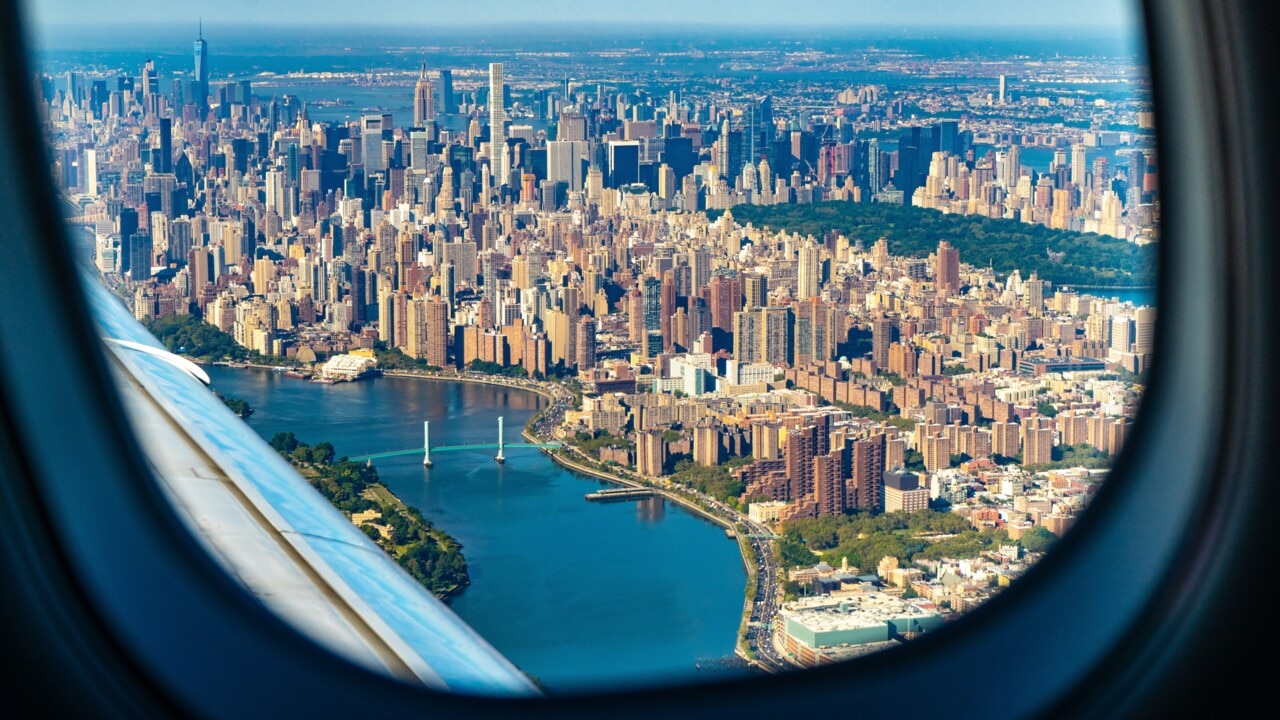
Coronavirus
Don't miss out on the headlines from Coronavirus. Followed categories will be added to My News.
As the world grapples with returning to normal life after the pandemic’s many challenging restrictions, coronavirus rules for travel and public life keep changing. In the past few weeks, delays, cancellations, and confusion about the rules have wreaked havoc upon travellers, while local customs and laws around social distancing and mask mandates have also changed.
Here are the latest updates.
UNITED STATES AND CANADA
As of June 12, the CDC no longer required air passengers travelling from a foreign country to the United States to show a negative Covid-19 test or documentation of recovery from Covid-19 before they board their flight.
There are currently no travel restrictions within the United States.
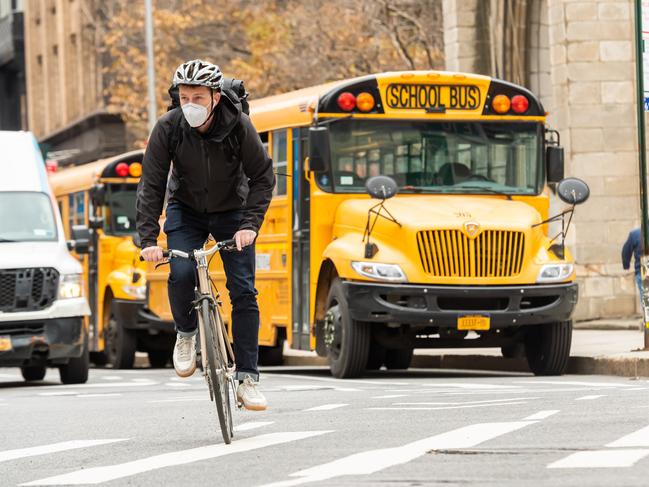
Many mask mandates across the United States have been lifted, but the country has recently seen an uptick in the number of daily virus cases, due to new Omicron subvariants.
It comes down to the individual state, city, and establishment to set mask rules. For example, it is still mandatory to wear masks indoors at Broadway theatres and it is requested inside some shops and business in New York City, as well as on public transport.
Some US territories do have coronavirus rules in place. For example, unvaccinated travellers visiting the US Virgin Islands need a negative entry test result.
Masks are no longer mandatory on the island of Puerto Rico with the exception of events hosting over 1,000 people. However, masks are still recommended for situations where vaccination status cannot be guaranteed.
For cruise ships to be permitted entry to Puerto Rico, all guests 12 years of age or older must be fully vaccinated.
Canada is only open to vaccinated visitors by plane, vehicle or boat, but they don’t need to provide a negative pre-arrival test.
Unvaccinated Canadians can fly domestically and abroad from June 20 after the Trudeau government suspended proof-of-vaccination requirements for travel, while unvaccinated Canadians must continue to adhere to quarantine guidelines upon arrival.
Masks can also be required indoors and outdoors depending on the service, venue or the event’s requirements.
LATIN AMERICA
Entry requirements differ from country to country but almost every Central and South American country is open to vaccinated tourists without restrictions.
For example, Brazil doesn’t allow unvaccinated travellers to enter, but fully vaccinated guests can visit.
Most nations still require a negative pre-arrival test, except for Costa Rica.
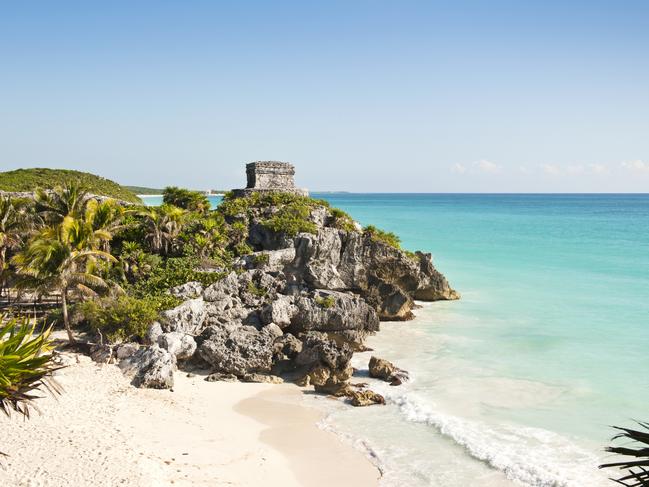
MEXICO AND CARIBBEAN
Mexico doesn’t currently have any coronavirus entry requirements for international visitors arriving by plane or car.
The Bahamas eased its Covid-19 travel restrictions as of June 19, with travellers to the country no longer needing to submit a health visa application prior to travel. Fully vaccinated travellers don’t need a negative Covid-19 test result to enter; and a negative test is not required for inter-island travel, regardless of vaccination status.
Unvaccinated travellers ages 2 and older must present a negative result from a PCR or an antigen test taken no more than 72 hours prior to the date of arrival to the Bahamas. Self-administered tests are not accepted.
Face masks are required in most indoor public places. Indoor social gatherings must be held at a private residence and with no more than 40 people. Outdoor social gatherings can host no more than 100 people.
Public transport and taxi services may operate at a maximum of 50 per cent capacity.
In the popular destinations of Jamaica and the Dominican Republic, vaccination proof or a negative pre-arrival test are not required.
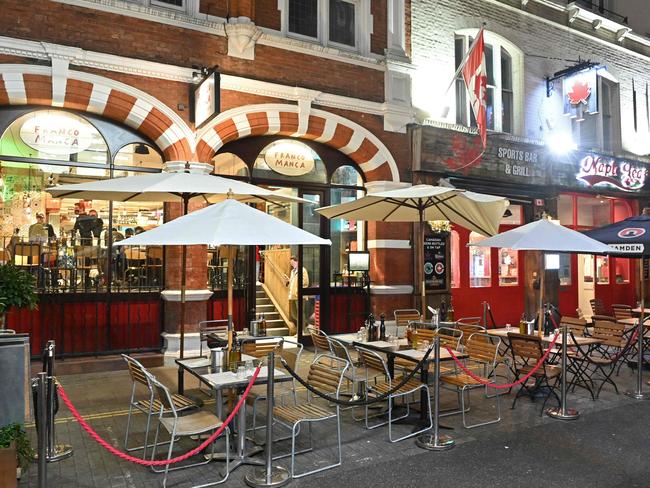
UNITED KINGDOM
The United Kingdom has been shaken by a high Covid-19 death toll and multiple lockdowns with varying tiers of restrictions.
But Covid-19 restrictions have since been mostly removed across England, Scotland, Wales and Northern Ireland.
There are now no Covid-related restrictions on international travel to the UK.
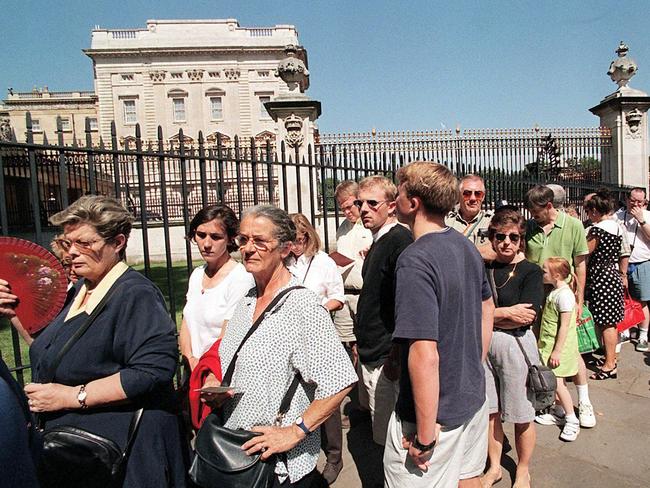
Travellers can enter the UK without any additional testing or quarantine requirements, regardless of vaccination status.
Some airlines flying into England no longer require passengers or crew to wear masks, but it depends on the specific route.
Arrivals no longer need to fill out a Passenger Locator Form before arriving in the UK.
Previously, certain arrivals from “red list” countries were required to quarantine in designated hotels, but hotel quarantine was “fully stood down” at the end of March this year and only coming back with home quarantine, if mandated.
If you test positive for Covid-19 while in the UK, you are not legally required to self-isolate but England, Scotland, Wales and Northern Ireland all recommend self-isolation.
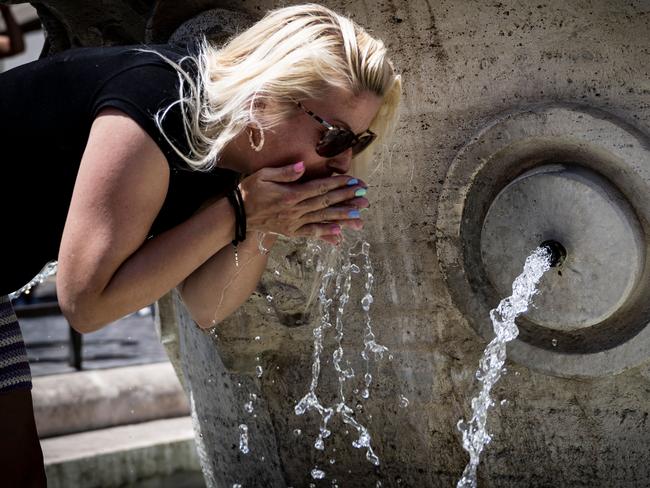
EUROPE
Most European countries have removed the vaccination and pre-arrival Covid-19 testing requirements.
The Netherlands, Malta, and Finland currently do not admit unvaccinated travellers.
In May, the European Union dropped its mask mandate for passengers on flights, citing “the levels of vaccination and naturally acquired immunity”.
Local mask mandates can still apply in crowded or enclosed areas and on planes, varying country to country.
France is open to vaccinated and the unvaccinated visitors (provided they present a negative Covid-19 test), while Italy has abolished all its entry rules for international travellers.
Italy abolished all entry rules for international travellers from June 1 and the Health Ministry has indicated that rules “will not be extended,” marking the end of all entry restrictions on travellers.
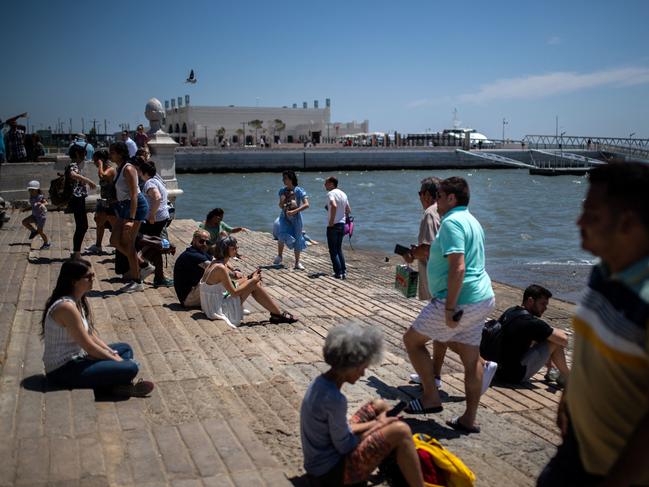
Anyone travelling to mainland Portugal needs proof of vaccination, recovery status or a negative test result. However, the regions of Madeira and Azores have lifted all their restrictions, regardless of vaccination status.
Spain requires foreign travellers to show documentation proving vaccination, recovery, or a negative test result, but there are no longer restrictions for travel within Spain.
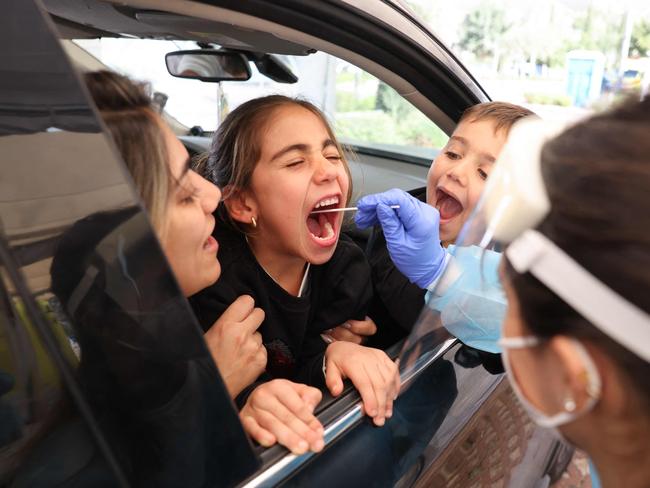
MIDDLE EAST
It is currently not required to present a negative Covid-19 test result before boarding a flight to Israel, a cruise to Israel or before arriving to Israel at a land border crossing.
Israel officially lifted the indoor mask mandate on April 24, scrapping one of the few remaining coronavirus restrictions but it is possible the rule could be reinstated amidst a spike in cases.
In the United Arab Emirates, vaccinated travellers to the UAE are not required to present a negative Covid at the airport of departure but travellers who do test positive for the virus must isolate for 10 days, even if you have no symptoms.
Authorities lifted the requirement to socially distance or wear face coverings outside but in most UAE cities masks must still be worn in all indoor areas and venues, including shopping malls and schools.
Each emirate is free to amend its own Covid rules in some areas, including the quarantine period and PCR tests for Covid contacts in whatever sectors and professions.
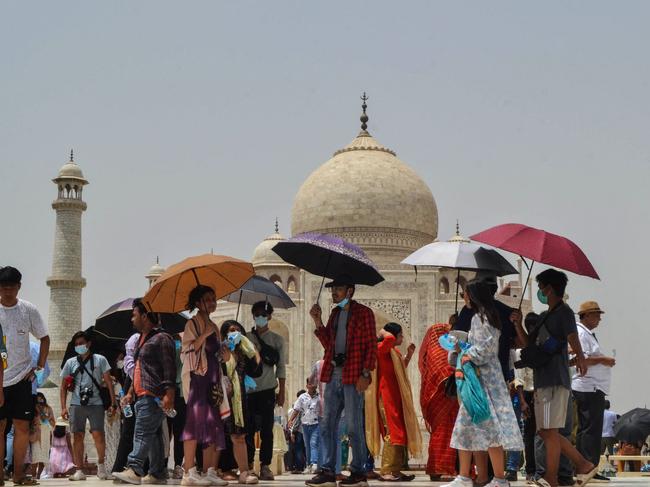
INDIA
Vaccinated travellers now have the option of uploading proof of Covid-19 vaccination instead of needing a negative test result.
Vaccination information needs to be provided prior to travel via the Air Suvidha portal or you could be denied boarding for your flight. Unvaccinated travellers need to upload a negative PCR test taken within 72 hours prior to departure as an alternate acceptable method for entry.
India is testing passengers displaying potential symptoms of Covid-19 as well as another 2 per cent of arriving passengers at random.
If you’re tested and the results come back positive, you’ll be sent to isolation at a designated facility.
Nevertheless, India is considering doing away with the Air Suvidha requirement.
“We have written to the Health Ministry seeking removal of Air Suvidha requirements given that it could add to the convenience of flying as international traffic grows. But the Health Ministry has replied saying they will review the program in August and decide on this,” a senior Civil Aviation Ministry official said.
The Air Suvidha portal was introduced in August 2020 as a mandatory self-reporting portal where incoming international passengers have to submit the details of their journey and their vaccination or Covid-19 testing status.
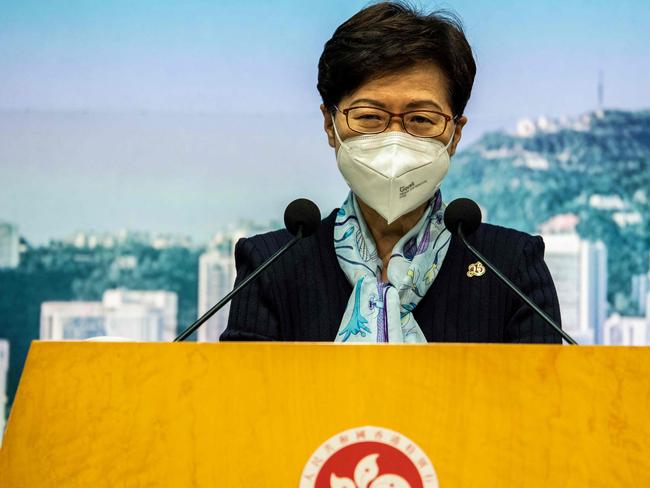
ASIA
In Hong Kong, the territory’s Chief Executive Carrie Lam said “we have almost returned to normalcy as far as social activities are concerned.”
However on June 14 the beleaguered finance hub’s government brought in new restrictions for bars and clubs with patrons now needing to present proof of a negative rapid Covid-19 test taken in the last 24 hours.
On June 17 Lam extended an arrangement for Hong Kong teachers and students to take Covid-19 rapid tests daily, and demanded more testing for staff at care homes for the elderly.
Officials also announced that if people test positive, home quarantine will only be an option if they have at least two bathrooms in their residence, to avoid community spread.
Restrictions remain in place as Beijing pursues a strategy of wiping out the virus entirely.
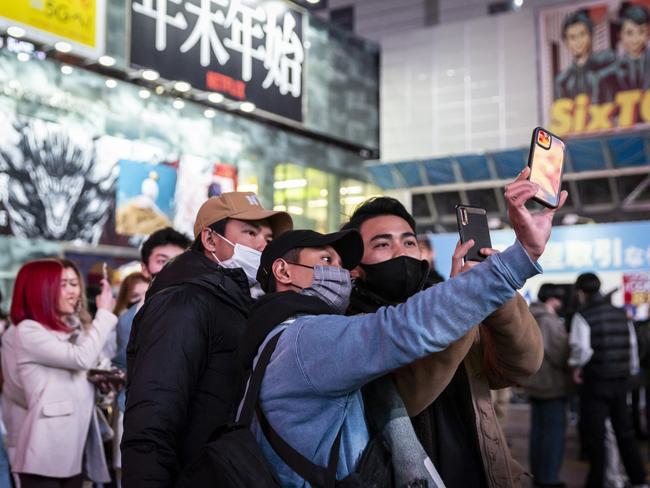
Japan opened its borders to international tour groups on June 10.
All travellers inbound to Japan, regardless of age, must receive a negative Covid-19 test within 72 hours of departure.
Effective July 1, Thailand is removing almost all of its Covid border measures, including the previous requirement for foreign visitors to have travel health insurance and the registration for the Thailand Pass. The Thailand Pass required uploading of vaccine and test certifications as well as proof of insurance in order to get a QR code.
OCEANIA
New Zealand is closed to most non-essential travel but plans to reopen to international visitors in July 2022.
Fully vaccinated travellers with a negative pre-departure Covid-19 test can currently enter.
All travellers aged 16 and above are still required to show proof of full vaccination prior to entering Fiji.
Eligible travellers must provide proof of a RAT test taken between 48 and 72 hours of their arrival into Fiji.
More Coverage
Originally published as International travel: New Covid rules





